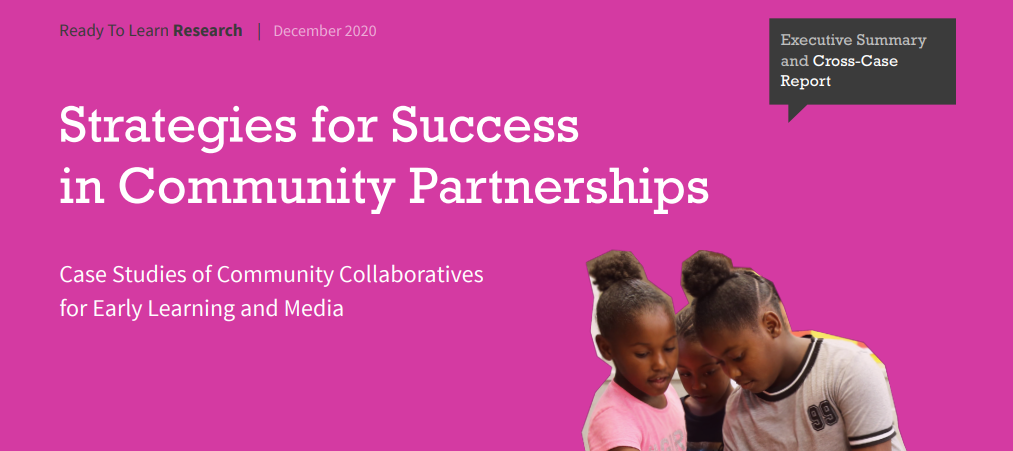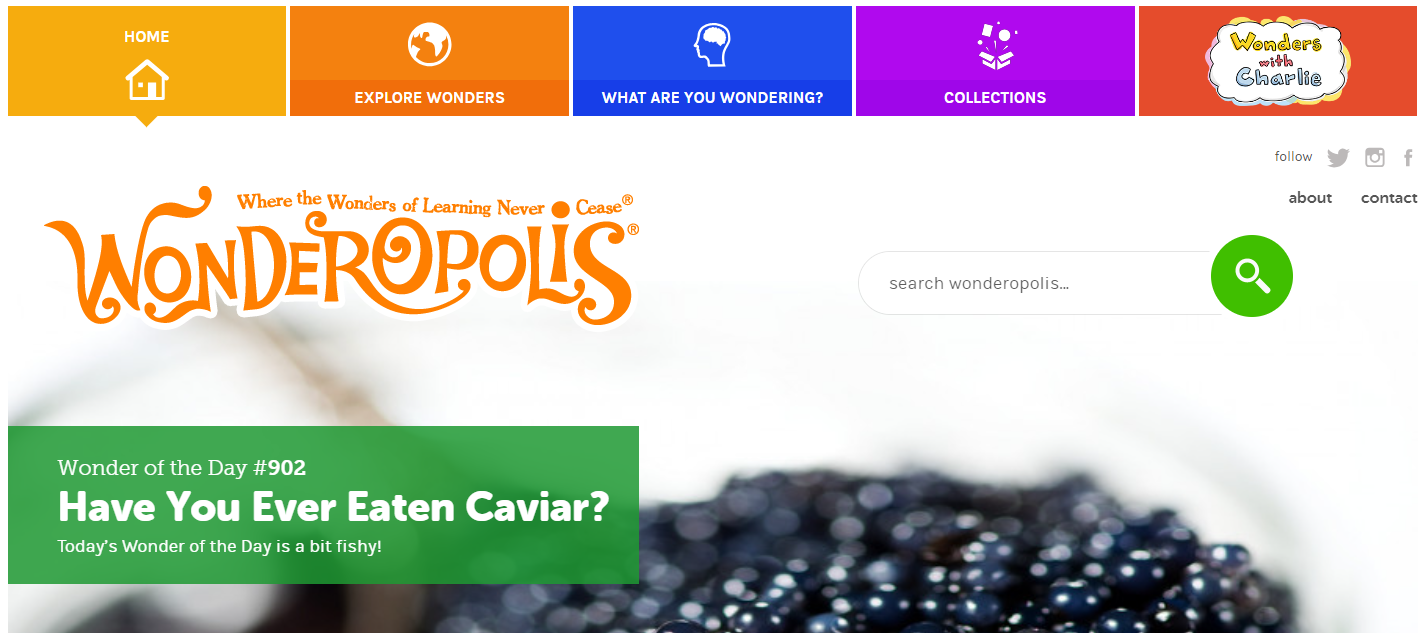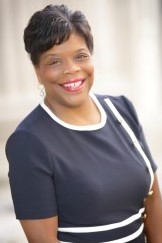At the Heart of Family Learning: Fostering an out-of-school learning ecosystem
For many families, the end of the school year represents a flurry of checklists, celebrations, and milestones. This time of year can include school promotions, transitions, and graduations. Teachers and administrators are busy wrapping up the academic year and already preparing for the next. With so much change and energy abound, there is an opportunity to leverage this season for enrichment in learning—stay tuned to NCFL’s blog for an upcoming post sharing great summer learning resources!
_12.jpg)
Over the past three years, children, families, and educators have been heroically grinding through a pandemic. The disruptions and setbacks of this global crisis have resulted in significant declines in academic achievement overall, and children of color living in poverty have fared the worst. School-based staff are working tirelessly to get children back on track, but they cannot do it alone—especially when we consider that on average over the course of a year, over 80% of a child’s waking life is spent outside of school walls![1]
We’re seeing this pressure to mitigate learning loss impact afterschool and out-of-school programs. Afterschool Alliance’s February 2023 report, Afterschool Programs Open, but Still Recovering, details the challenges that out-of-school program staff are grappling with, from staff shortages to rising costs to run programs to the changing needs of learners. The report highlights the conflict between the expectation that afterschool programs play a role in closing the learning loss caused by the pandemic and the reality that often staff are not formally trained educators and are at risk of burnout.
While facing these challenges, afterschool programs have been very responsive to the needs of the families and children they serve and also have prioritized recruiting and retaining a talented staff.
NCFL is committed to supporting Afterschool Alliance partners in communities to enhance family learning opportunities, community-by-community. In order to create resiliency in communities we must partner together to create summer and out-of-school time learning opportunities for all.
Families and communities play a critical role by rethinking out-of-school-time experiences to encourage learning year round. By leveraging community assets and utilizing asynchronous digital learning opportunities, we can contextualize learning experiences and foster an ecosystem of meaningful, relevant learning opportunities.
The Corporation for Public Broadcasting (CPB) and the Public Broadcasting Service (PBS) Ready To Learn Initiative is an incredible example of 30 different communities each coordinating services and supports for the families they serve. The goals of the five-year initiative were threefold–to engage families using high-quality, media-rich learning resources; to build the capacity of families and educators in supporting children’s early learning; and to mitigate barriers that families often face that could impede learning, such as food insecurity.[2]
Using the local public media station as the backbone organization in each community, stakeholders listened to the needs of their families and forged partnerships among a variety of agencies and organizations to support those needs. These learning collaborations didn’t just include the players we typically think of in the education space—schools, libraries, and learning programs—but also health clinics, food pantries, housing authorities, and faith-based organizations.
What we can learn from this work are the many ways that groups within communities—whether urban, rural, or somewhere in between—collaborate to tailor their services based on the needs and assets of local families. I encourage you to read more about this initiative, as well as six case studies, at the Education Development Center website.

One universal asset that communities and families can utilize to foster wonder and exploration is the local public library. Public libraries open up the world of literacy to everyone and they serve as access points for all members of the community to experience the wonders of the written word, while also having the opportunity to interact with and build community. Our public libraries serve as a hub for our communities, connecting families with a broad range of services and support—thanks in large part to the monumental efforts and support of the American Library Association.
NCFL has a long history of partnering with libraries, library systems, and the Public Library Association to support libraries’ work in communities and extend family learning outside of classrooms. Most recently, we partnered with PLA and library systems in three communities to use a co-design approach to find community-driven solutions unique to each community’s challenges in serving Latinx populations. Learn more about this initiative that was funded by the Institute of Museum and Library Services.
Longtime NCFL partner, Nashville Public Library, excels in engaging families in the community. For their Bringing Books to Life program they partner with early childhood centers across Davidson County, Tennessee, to support children in developing literacy skills and help build the capacity of families and service providers. The program meets families where they are, with most workshops taking place in childcare centers, faith-based organizations, healthcare centers, nonprofits, and community-based organizations.
Liz Atack, the program manager for Bringing Books to Life, says, “The workshops are about connecting families with resources and giving them concrete, practical tools and techniques they can use to support their children’s literacy development; while also making sure it’s fun and very focused on the joy of learning.”
The program’s Loving & Learning Family Workshop series is based on the Every Child Ready to Read curriculum by the American Library Association. Using Parent and Child Together (PACT) Time® as well as caregiver-only sessions, the program supports parents and children in their interactions together to develop reading skills. The series is designed based on family needs, builds on family assets, and honors family goals, all the while ensuring that families are able to learn and explore in their heart languages.
The internet can serve as an entry point into the world outside of one’s local community, providing access to asynchronous learning opportunities anytime, anywhere. Learning from trusted websites that offer families engaging educational content can also support out-of-school-time enrichment. NCFL’s digital learning platform, Wonderopolis, provides families with non-fiction topics of high interest covered in nearly 3,000 Wonders of the Day®. With the addition of Microsoft’s Immersive Reader technology in recent years, the content is more accessible than it’s ever been.

Unite for Literacy is an NCFL Family Learning Community Collaborative (FLCC) Partner committed to providing excellent resources in communities. Early reading practices, such as shared reading, are critical practices that should be sustained throughout the year. Unite for Literacy provides access to no-cost digital books to support emerging readers. The digital library has culturally responsive content and provides narration in 50 languages.
Finally, NCFL has two great toolkits to support providers in creating learning opportunities during the summer and beyond, Learning Outside of School and Let’s Learn Together Outside. Download them free of charge and link research-based learning strategies to out-of-school environments.
As I, and others, have stated before, no one entity or organization can solve the issues facing our nation’s families. It requires intense collaboration and investment among many stakeholders. By combining active listening and purposeful alignment of services with asynchronous learning resources, communities can provide meaningful, authentic learning opportunities that help families thrive.
Libraries, afterschool programs, and community providers play a critical role in bringing about greater access and opportunities for family learning. As we work to implement Family Learning Systems in communities across the country, we need these organizations to join us and serve as hubs for transformation.
If your organization is ready to embark on this work with us, please visit www.familieslearning.org/60×30 to get started.
ABOUT THE AUTHOR

A lifelong educator and national thought leader for teaching and learning, Dr. Felicia C. Smith brings decades of valuable experience to advance NCFL’s mission of working to eradicate poverty through education solutions for families. Having served in a variety of leadership roles in P-12, higher education, nonprofit, and philanthropy, her career has allowed her to experience leading systems and develop a unique vantage point of a learner’s educational trajectory from preschool to adulthood. Smith holds an Ed.D. in education leadership and administration from the University of Kentucky, and an M.A. in elementary education with an emphasis on K-12 literacy development and B.S. in elementary education from the University of Louisville.
Follow Dr. Felicia C. Smith on Twitter and LinkedIn.
[1] https://www.naesp.org/sites/default/files/resources/2/Principal/2004/S-Op6.pdf
[2] https://cct.edc.org/sites/cct.edc.org/files/publications/RTLCaseStudySummary.pdf